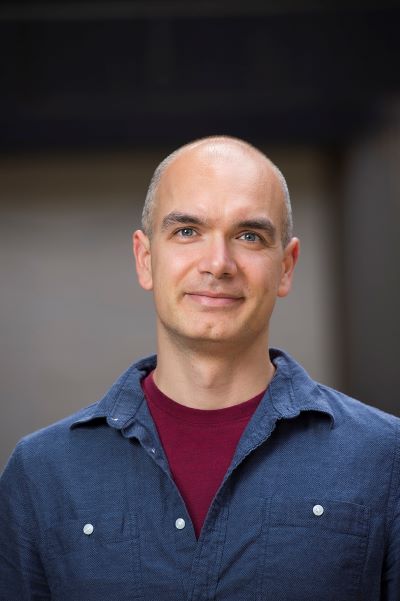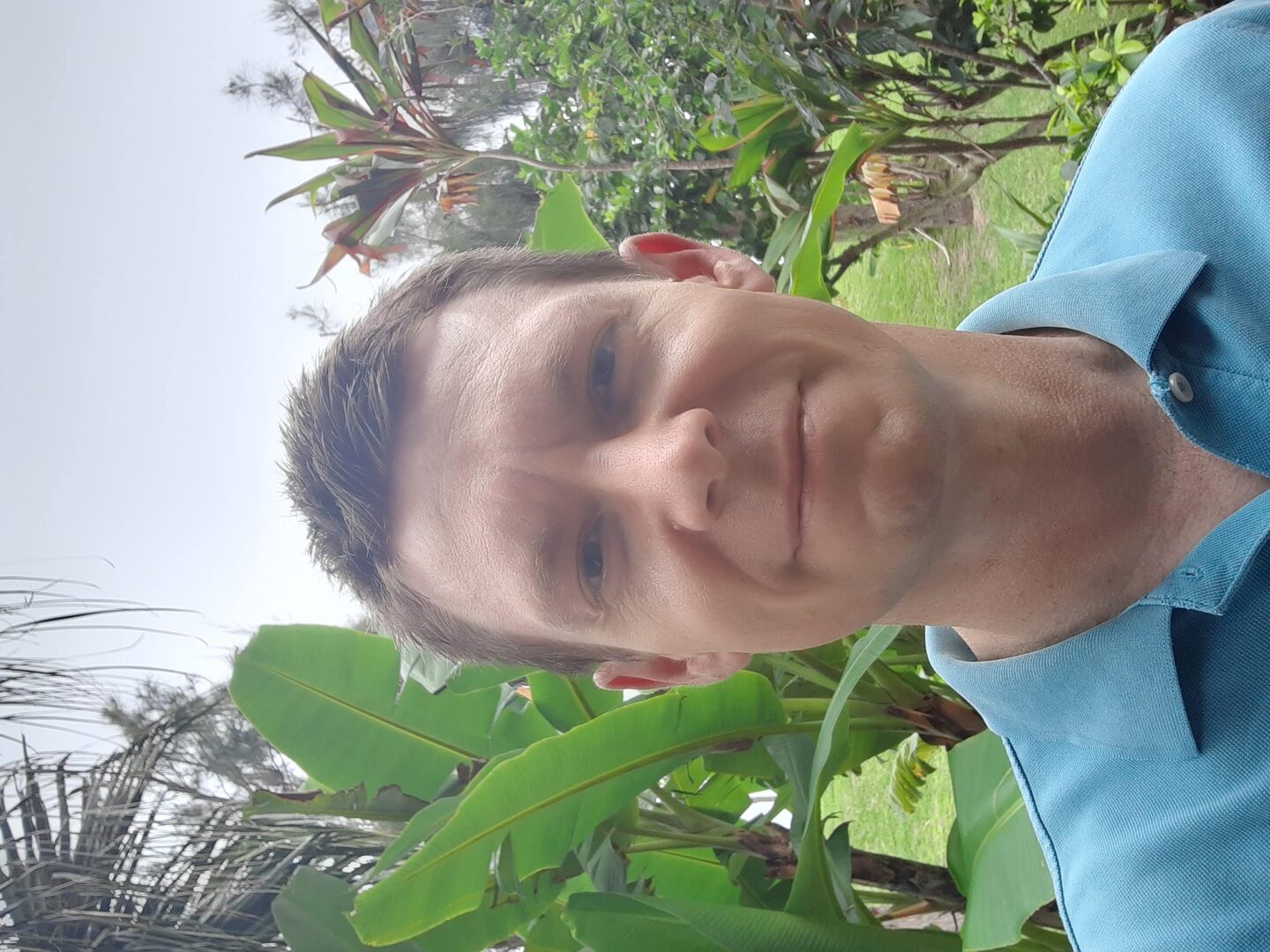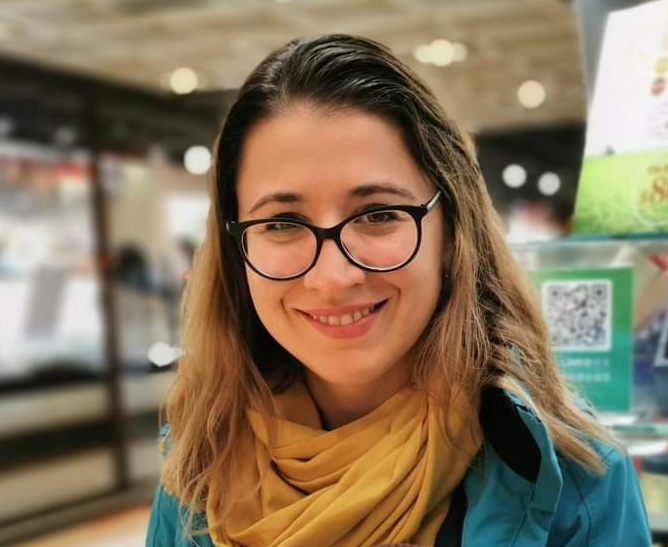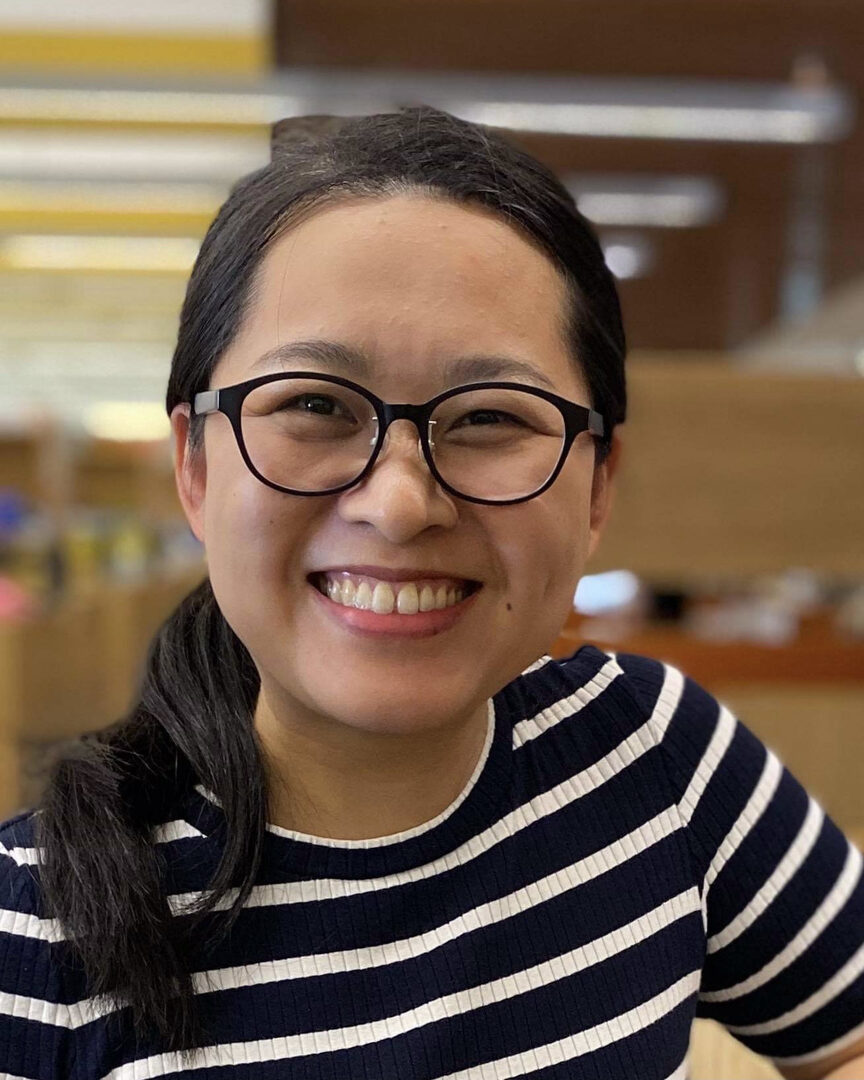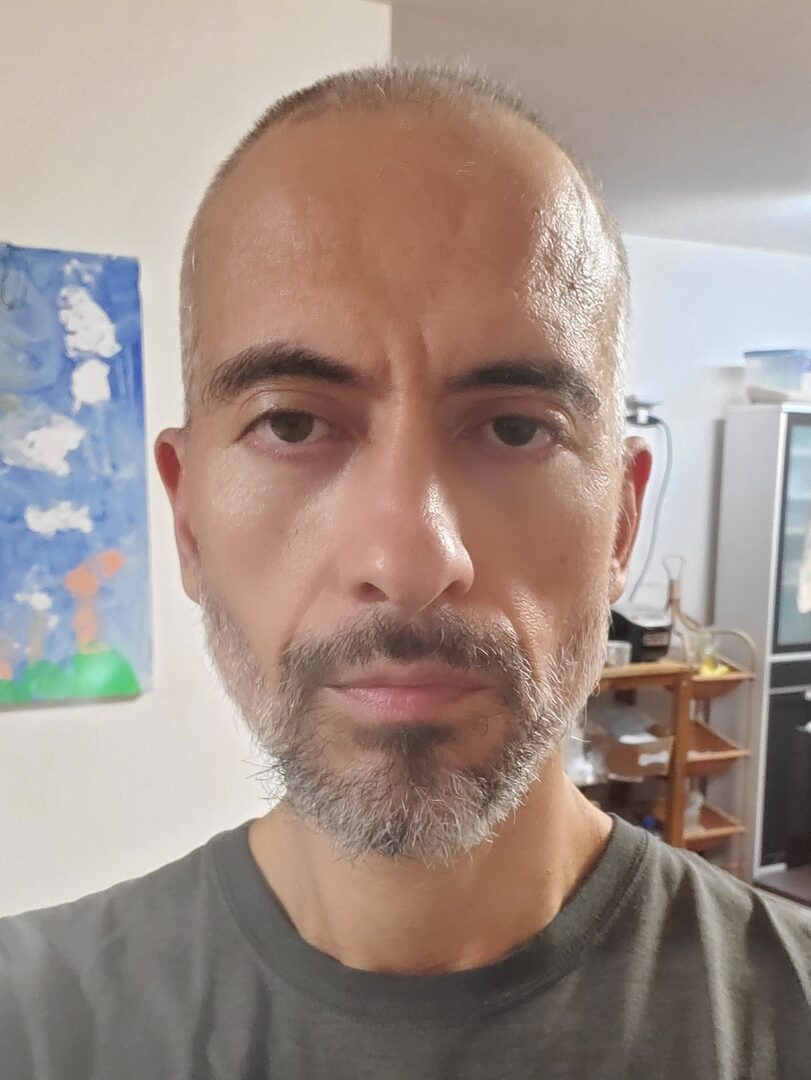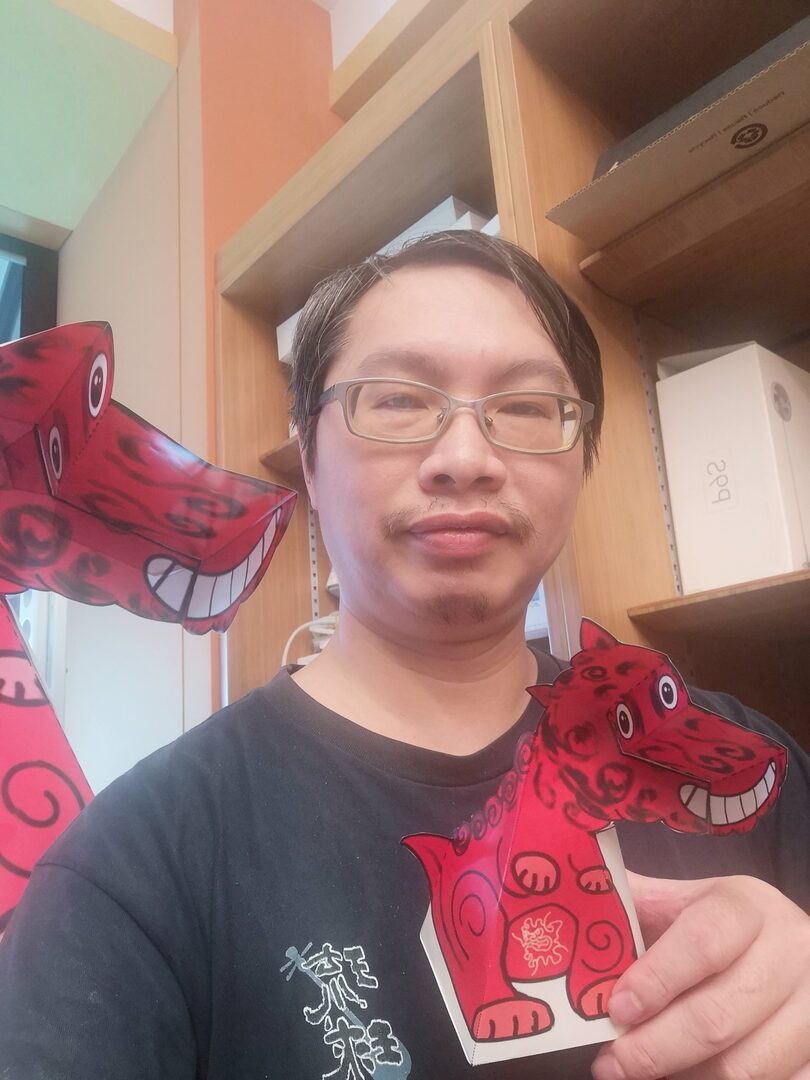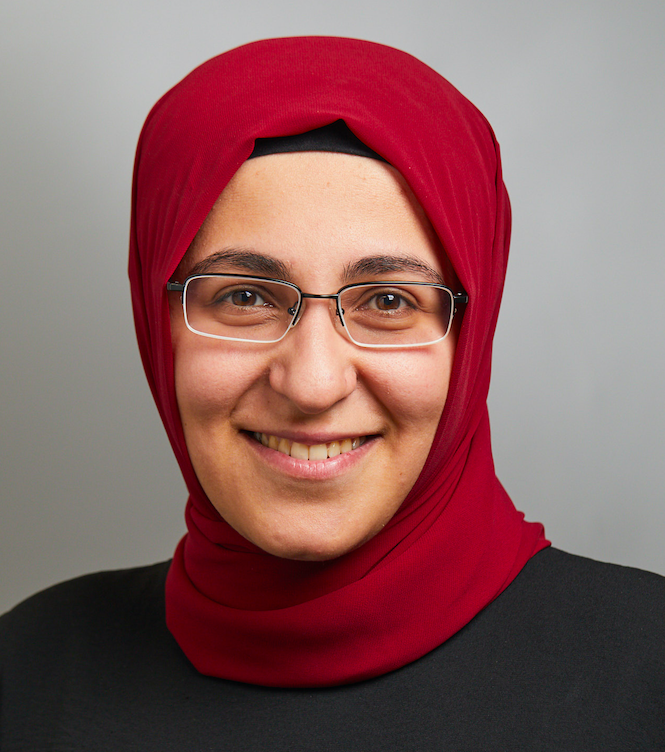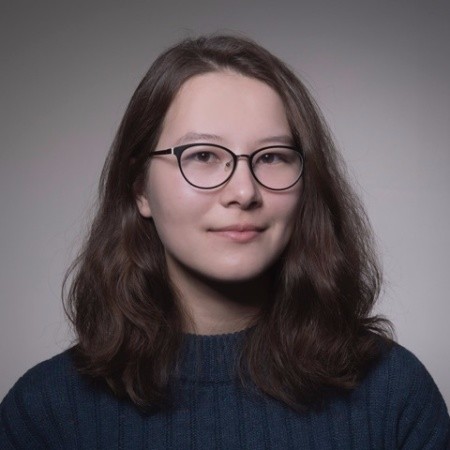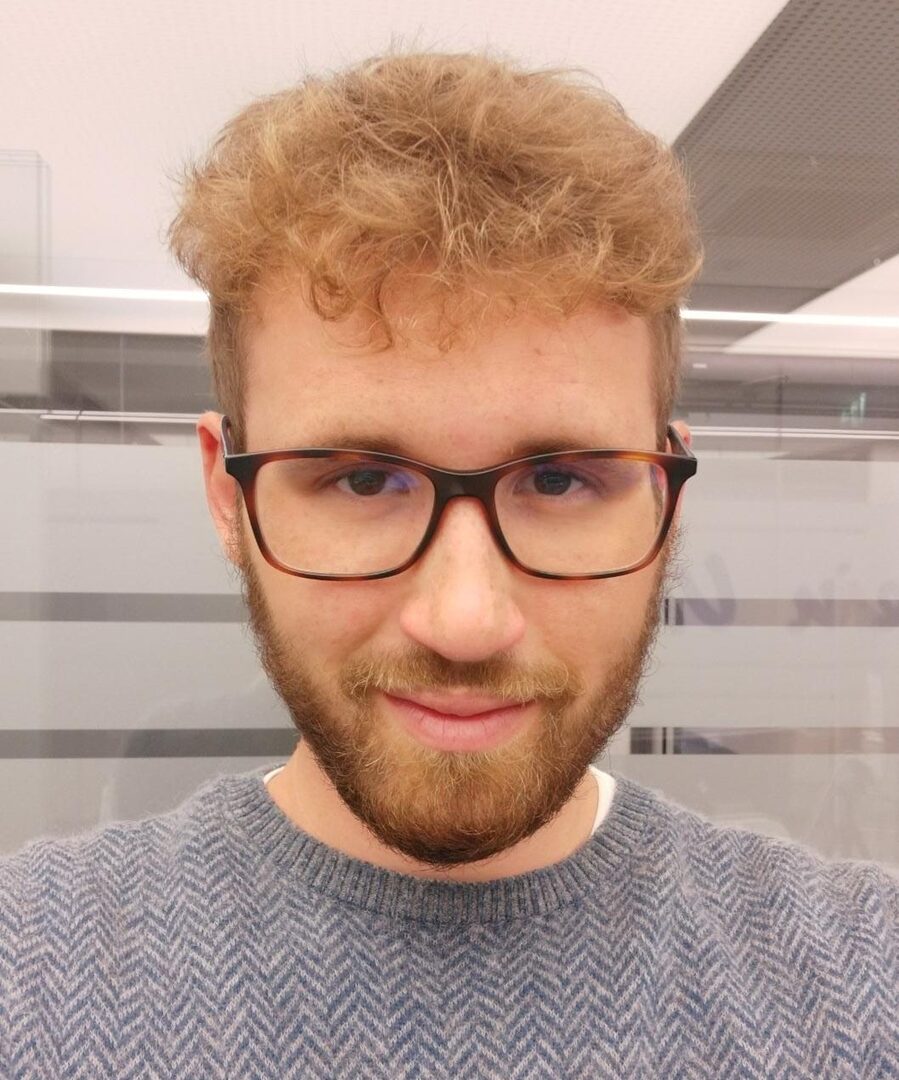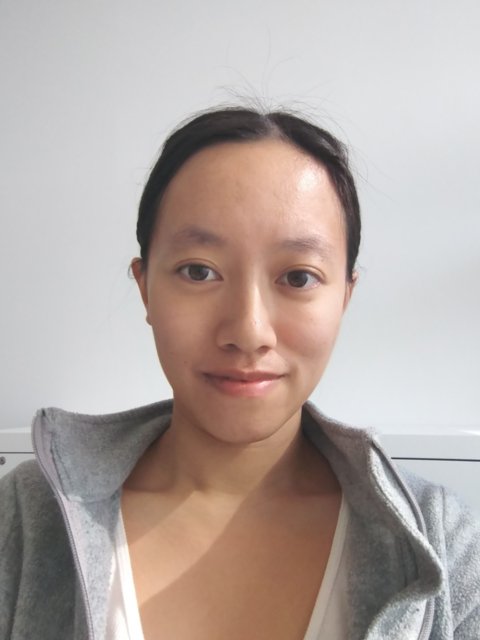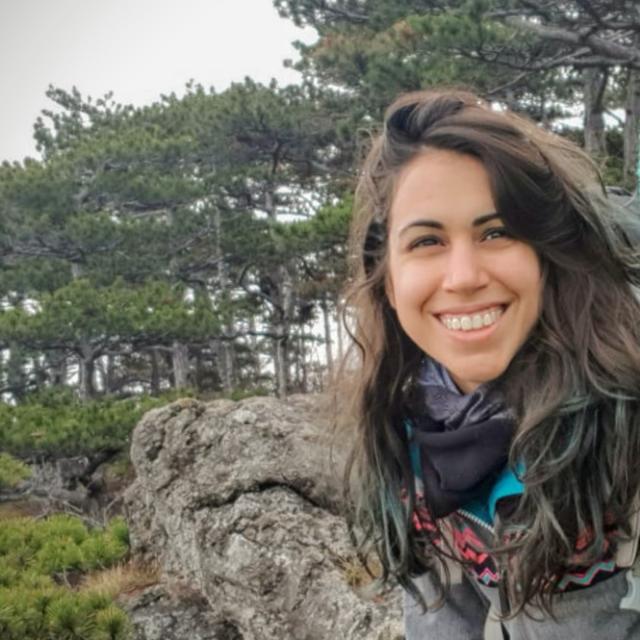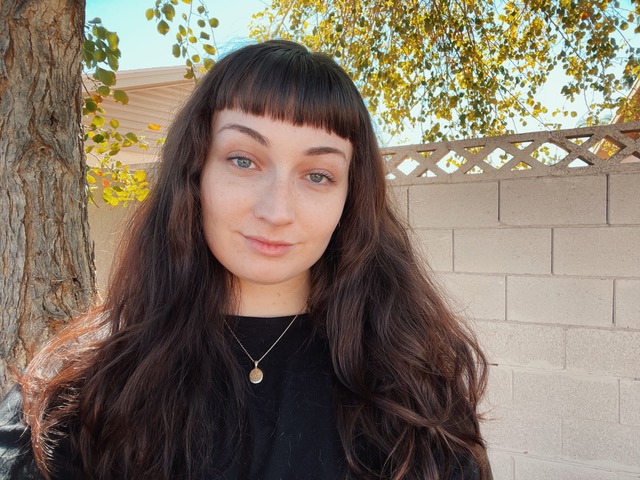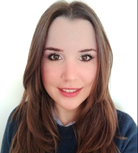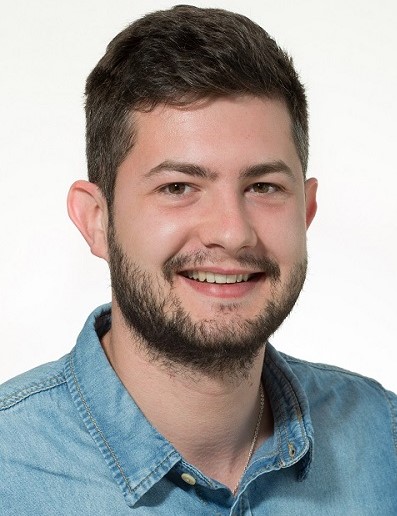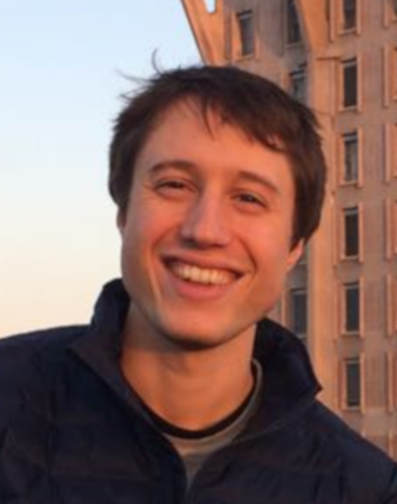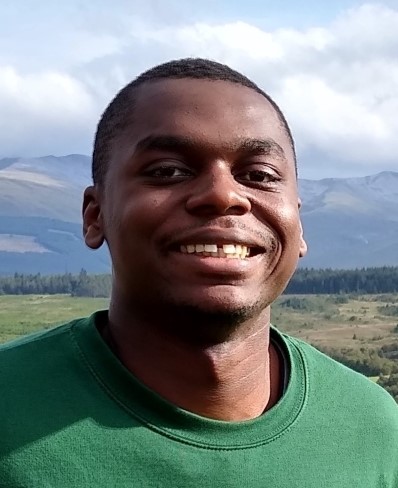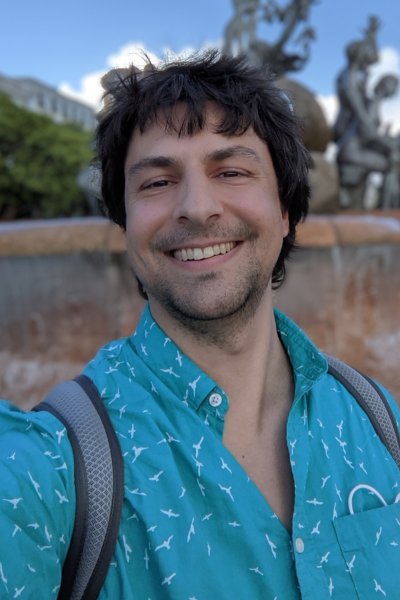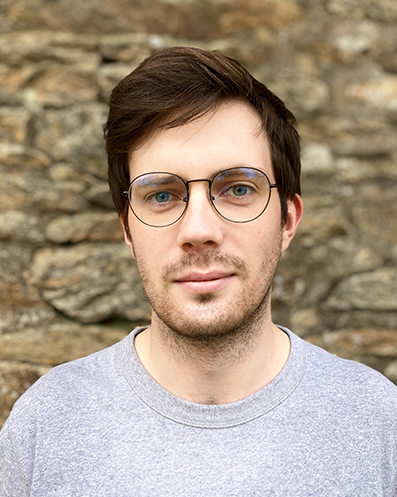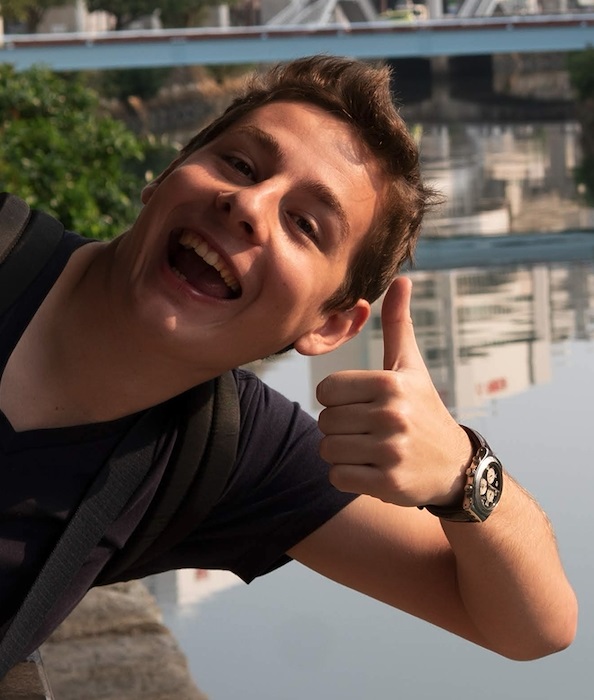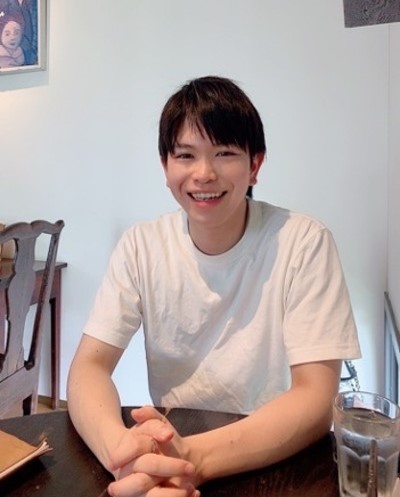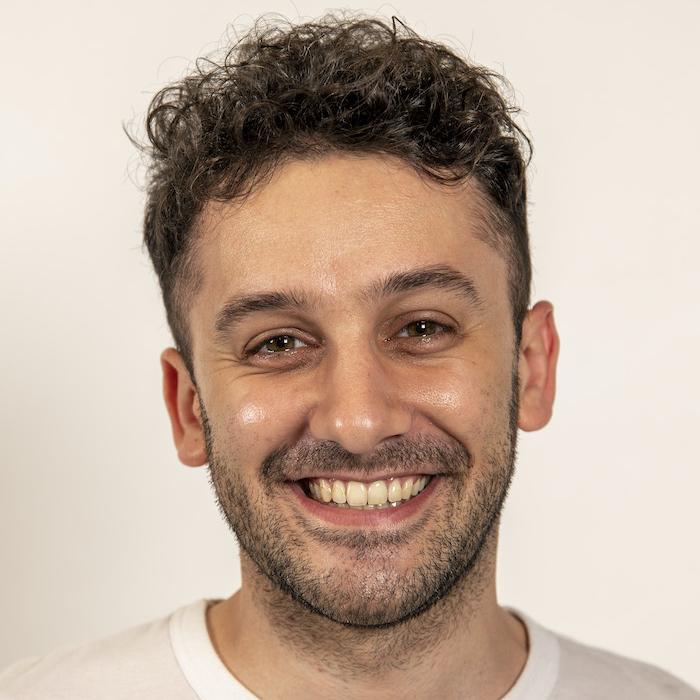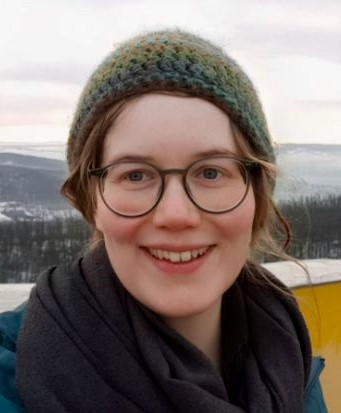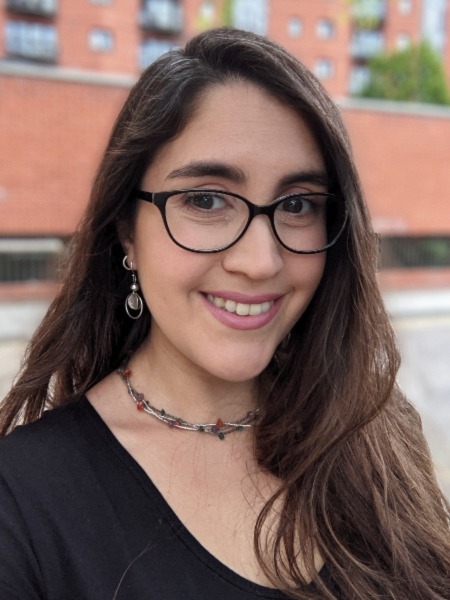Tutors & Participants / OCNC2022
Tutors
Razvan Gamanut (Postdoctoral Research Fellow, OIST)
Welcome to Okinawa! I am working in Doya Unit, where I simulate spiking neural networks at mesoscale level with NEST, using neuroanatomical and neurophysiological parameters. I did my PhD in neuroanatomy at Inserm in France, in Henry Kennedy’s lab, in collaboration with Andreas Burkhalter at WUSTL in USA. In this project I investigated mesoscale connectomes in mice and macaques, focusing on their spatial embedding. Then, prior to Okinawa, I extended this work to marmosets in Marcello Rosa’s group at Monash University, Australia, where I worked as research fellow.
Expertise Info: Computational geometry with Python, NEST
Iain Hepburn (Postdoc, OIST)
I have a background in physics where for a masters project I recorded extensive particle air showers at ground level and built Matlab simulations to estimate cosmic ray incidence on the Earth’s upper atmosphere. This prepared me surprisingly well for my PhD and beyond in cell biology because even though I switched from the cosmic realm to cellular systems it somehow still involved stochastic molecular simulation. My work now revolves around development of the STEPS software, simulating neurons chemically and electrically at the molecular level, implementing reaction-diffusion algorithms, designing cool new features. I look forward to meeting you all in Okinawa!
Expertise Info: Subcellular modeling, stochastic simulation, software development, synaptic plasticity, ion channels, Purkinje cell. The languages I mostly use are C++ for software development, and Python (and related packages, numpy, scipy, matplotlib,..) for simulation and data analysis.
Gabriela Capo Rangel (Postdoc, OIST)
I am a Postdoc in the Computational Neuroscience unit led by Prof De Schutter at OIST. I joined the lab about two years ago and I have been working on Purkinje cell modeling ever since. I am a mathematical modeler by background and I obtained my PhD in math (applied to neuroscience) under the supervision of Prof. Gerardo-Giorda and Prof. Calvetti. My previous work concerned the interaction between the electrophysiology, metabolism and hemodynamics in a neuron-astrocyte model, which we modeled through multi-scale systems of differential equations. As hobbies, I love hiking, spending my time in nature and swimming in the Okinawan beautiful sea. I am a bit of a nerd, I love scifi movies and boarding games!
Looking forward to meeting you all! I will do my best to help guide you learn new and cool stuff.
Expertise Info: Computational Neuroscience, Purkinje Cell Modeling, Dendrites, Mathematical Modeling, Multi-scale Modeling, Differential Equations, Dynamical Systems, Neuron-Astrocyte Interaction, Ischemia, Cortical Spreading Depression
Software: NEURON, Matlab
Yuzhe Li (Postdoc, OIST)
I am a postdoctoral researcher in the unit of Kenji Doya in OIST. I started my academia with computer science and informatics, and then shifted it to computational neuroscience field. And now I am doing statistical analysis on calcium imaging data, and established my animal experiment project. My interest is to compare machine learning algorithm with brain functions, explore and develop statistical methods for neural data.
Expertise Info: Bayesian modeling, Calcium imaging analysis, transfer entropy, causality analysis, connectivity. Python, Matlab.
Sebastian Schmitt (Postdoc, University Göttingen)
I've received the Ph.D. degree in physics from Heidelberg University, Germany, in 2013. Currently I'm a researcher at the Department of Computational Neuroscience, 3rd Physics Institute, University of Göttingen. My research interests are neuromorphic computing, learning paradigms motivated by neuroscience and large-scale software simulations of morphologically realistic networks of spiking neurons.
Expertise: neuromorphic computing, computational neuroscience
Computing: C++, Python, Linux, Brian2, Arbor
Sergio Verduzco Flores (Visiting Researcher, OIST)
Back in the day I studied Computer Engineering, but got enamored with brain research. This led me to a PhD in Mathematics, and down the rabbit hole in Computational Neuroscience. These days I enjoy systems-level modeling, starting from motor control.
* Models of synaptic plasticity and credit assignment.
* Models of motor control and cerebellum.
* Python, Numpy, Linux, general programming.
* Basic questions in Machine Learning and Dynamical Systems.
If I don't know the answer to a question, there's a chance I know the right resource to search for it, so please ask away.
Weiliang Chen (Staff Scientist, Computational Neuroscience Unit OIST)
Welcome to Okinawa!
I joined the OIST CNS unit in 2009, June, right before OCNC2009, and have been the technical support for the course ever since. If you have any technical issues during the course, for example, dropping your laptop into the ocean (lol, hopefully not), or software issue with the tutorial docker image, etc, please contact me or the organizer team at SH.
I am also the co-developer of the STEPS simulator (redirecting you to Tutor Iain Hepburn's introduction :)) so if you have question regarding STEPS you can ask me as well.
Participants
Huriye Atilgan (Research Fellow, University of Oxford)
I investigate the neural machinery underlying multisensory processing and decision making. How sensory information is used to create a representation of meaningful value and/or object that shapes the action. I would like to focus on the circuitry connecting sensory processing and motor control as in decision making which intervenes between perception and action and can link one to the other. I use detailed electrophysiological and optical tools at different levels (synaptic, cellular, and network), as well as animal behavioural studies to look for feasible mechanisms that account for both behavioural and neural data.
Lisa Bauer (PhD Student, Max Planck of Neurobiology)
I am a PhD student in the lab of Herwig Baier at the Max Planck Institute of Neurobiology in Munich. I do two-photon imaging of genetically encoded activity indicators in zebrafish larvae while recording their behavior. I am interested in the way visual information is encoded in neural populations.
Looking forward to meeting everyone in Okinawa! :)
Naomi Chaix-Eichel (PhD student, The Institute of Neurodegenerative Diseases /INRIA)
I am a PhD student in co-direction with the INRIA and the Institute of Neurodegenerative Disease (IMN) in Bordeaux, France. My field is the computational neurosciences, I am focusing on the basal ganglia, the part of the brain involved in decision making. I am using machine learning methods such as reinforcement learning and recurrent neural networks, particularly reservoir computing. I also have an experimental part with newts, mice and monkeys that allows me to try my models.
Marco Celotto (PhD student, Università di Bologna and Istituto Italiano di Tecnologia)
I am a PhD student in Computational Neuroscience with a background in Theoretical Physics. I am deeply interested in how the brain encodes, stores, and transmits information. In the first two years of my PhD, I contributed to the theoretical development of an information-theoretic measure to study the content of information transmission between neural signals. I applied this measure to different types of neural data (MUA, EEG, MEG, and LFP) recorded during perceptual stimulation, decision making, and motor tasks. In my career, I hope to study neural information processing from many different perspectives, from single-cell modeling to whole-brain information processing. Moreover, I intend to contribute to empirical neuroscience as a computational scientist working at the interface between theory and experiments, working in a collaborative and interdisciplinary scientific environment.
Ivy Chi Wai Chan (PhD student, Deutsches Zentrum für Neurodegenerative Erkrankungen)
I am Ivy, a 2nd-year PhD student at the Deutsches Zentrum für Neurodegenerative Erkrankungen in Bonn, Germany. I am working with Gaia Tavosanis to investigate the input organization and olfactory representation of the Drosophila mushroom body. In this project, I analyze electron-microscopy-based connectomics datasets and feed this connectomics data to a network model to simulate the odor-evoked responses of the mushroom body neurons, in combination with in-vivo calcium imaging. Trained as an experimental neuroscientist, I would love to extend my knowledge more on computational neuroscience.
Beside science, I also do climbing, paragliding and sailing! I am very much looking forward to meeting you all in Okinawa.
Heloisa S. C. Chiossi (PhD Student at IST Austria)
I am a PhD student at the Institute of Science and Technology Austria, working in experimental and computational neuroscience. I perform in vivo electrophysiology experiments in rats, acquiring data from more than 100 individual neurons in their hippocampus while they perform a memory task. I then apply many statistical methods to try to understand how information is stored in the brain in the process of learning. I am interested in the relevant mechanisms of storage at different timescales and in the differences in performance between individuals. In my free time, I am an avid rock climber exploring the Austrian mountains.
Katherine Doxey (PhD Student, Arizona State University)
I'm an Applied Math PhD student at Arizona State University with a background in Computer Science. After working in software engineering, I joined the ICON lab, as a student of Dr. Sharon Crook, which focuses on computational neuroscience problems regarding olfaction, machine learning, and neurophysiology. My research will focus on exploring auditory spatial processing in marmosets with models of the auditory cortex to guide cell type identification. I am also interested in applying computational neuroscience tools towards mental health disorders and pharmaceutical treatments. My goal for OCNC is to investigate how sensory input modulates network level activity and, ultimately, to be exposed to the theoretical side of computational neuroscience.
Tom George (PhD student, UCL)
I live in London and work with Caswell Barry (UCL), Kim Stachenfeld (DeepMind) and Claudia Clopath (Imperial) on all things hippocampus. Particularly bio-plausible implementations of reinforcement learning and representation learning. This summer I'll be living in Okinawa, working with Tomoki Fukai on similar such stuff.
Cristina Giossi (PhD Student, Universitat de les Illes Balears)
I'm a Ph.D. student in the field of Computational Neuroscience. I am Italian, but currently living and working in Spain. My work is mainly focused on developing neural networks that use RL techniques to simulate decision-making processes that take place in the brain's cortico-basal ganglia-thalamic loop, including a physiologically-realistic implementation of dopamine-driven synaptic plasticity and studying behavior dynamics.
I would like to expand my knowledge on the topics of synaptic plasticity, learning, and applications of dynamical systems theory. My aim is to investigate facilitation and depression mechanisms, expand my knowledge in the areas of cognitive neuroscience, and incorporate new computational techniques.
Gergo Gomori (PhD Student, University of Sheffield)
My name is Gergo, I am a first-year doctoral student at the University of Sheffield. I am interested in the neural correlates of reinforcement learning, especially dopamine dynamics and decision-making. I am delighted to have been selected as a participant of OCNC 2022 an I am very much looking forward to meeting you! Feel free to contact me via Twitter: @gergogomori
Iacopo Hachen (PhD candidate, International School for Advanced Studies, Trieste)
I am completing my PhD in cognitive neuroscience in the lab of Mathew Diamond at the International School for Advanced Studies (SISSA). My research addresses how recent sensory experience shapes perceptual processing in rats and in humans. I have a broad interest in perception and perceptual decision-making, in particular context-dependent phenomena, and I am fascinated by the study of sensory systems across different organisms, where one may identify analogous functional principles. I seek to apply models of biological neural networks to my research, and to gather fresh ideas in computational neuroscience, therefore I look forward to participating in the OCNC.
Ramin Khajeh (Graduate Student, Columbia University)
https://ctn.zuckermaninstitute.columbia.edu/people/ramin-khajeh
Oluwaseyi Jesusanmi (PhD student, University of Sussex)
Hello! I am a first-year Neuroscience PhD student at the University of Sussex in England. My main research interest is the neural representation of the environment in both artificial neural networks and in animals. My background is in developing automated analysis pipelines for neuroscience experiments, primarily using machine learning and data science techniques (in Python) to analyse natural animal behaviours. Currently I am working on real-time spiking simulations of ant/bee brain regions relating to navigation, while designing a pipeline to directly compare embodied spiking simulations with biological insect navigation data. At the OCNC I hope to gain in-depth knowledge on neuronal simulations and their practical implementations. I look forward to working with you!
Justin Lines (Postdoctoral fellow, Columbia University)
I'm interested in neuronal network encoding and the role sleep plays on that encoding. During sleep, it's believed that memories are consolidated through replayed activity within spontaneous activity. In the past I've simulated memory replay on a network model of the hippocampus. Currently, I image awake (and sleeping) mice using two-photon imaging in vivo to study memory replay in the visual cortex. Outside of the lab I like to hike, play basketball, and get sucked into books and video games.
Gabriel Mahuas (PhD student, Institut de la Vision, Sorbonne Université)
I am a PhD student at the Institut de la Vision, in Paris, in a team focusing on visual information processing in the retina. I have a background in theoretical physics and have specialized during my master in the field of statistical physics. My primary research interest lies in how populations of neurons from the sensory systems process stimulus information and encode it into their collective activity to lay the basis of perception. More precisely, in my PhD project I try to understand how correlated variability affects how neurons from the retina encode visual information using tools from statistical physics, machine learning and information theory.
Looking forward to meeting you all in Okinawa!
Domas Linkevicius (PhD student at School of Informatics, University of Edinburgh )
My name is Domas, I am originally from Lithuania, but currently reside in Scotland. I am a PhD student in Biomedical Artificial Intelligence at University of Edinburgh. My main focus is on integrating existing ODE-based models of synaptic chemical reaction networks with machine learning techniques. Before starting my PhD I did my MSc by Research studies at University of Edinburgh, trying to construct a bottom-up rule-based stochastic model of a CA1 pyramidal cell synaptic chemical reaction network that would be capable of reproducing specific forms of synaptic plasticity. Outside of academia I am keen on martial arts such as judo and muay thai and exercise generally, e.g. weightlifting. In my free time I like to read fiction or books about history, as well as japanese manga.
Hugo Musset (PhD student, OIST)
My studies (Undegraduate and Master's) involved exclusively biology and neuroscience, with no computational aspects whatsoever. I developed an interest in computational neuroscience after some internships, and got fascinated with the possibilities offered by computational approaches (the absence of long and tedious experimental procedures and preparations is also a big plus). I am now a fully certified Computational Neuroscientist™. My research interests are now in the hippocampus, more specifically how place cells are involved in replay sequences, but I also am very curious about completely different branches of science and epistemology.
Motofumi Shishikura (PhD student, University of Tsukuba)
I am a PhD student at University of Tsukuba, Japan. My research interest is in exploring the mechanisms of hierarchical information processing in ventral stream of visual cortex. Specifically, I investigated the representation of information in the intermediate level visual cortex by analyzing spikes of neural population from monkey electrophysiological experiments and data from human psychophysical experiments. I also investigated the neural mechanisms of selective attention by analyzing LFP and simulating neural network models. At OCNC, I hope to learn deeply about computational methods. I am looking forward to meet you all and dive into science at Okinawa!
Gaston Sivori (PhD Student, OIST)
Hi there!
I'm Gaston, from Argentina. I am a 4th-year Computational Neuroscientist PhD student here at OIST in the Neural Coding and Brain Computing (NCBC) Unit studying biologically-plausible mechanisms of synaptic plasticity and active inferencing in cortical network models. My interests are broad and I am always engaged in reading or listening about the brain; I read a lot about consciousness, meditation, and mental health-related topics and would like to understand how experience shapes our brain. I think it would be really cool if we could develop personalized drug treatments for mental health disorders by deriving computational and dynamical properties of the human brain via computational modeling. Oh, also, I play a lot of Dungeon&Dragons.
Tara Srirangarajan (PhD Student at Stanford University)
I am a Psychology PhD student at Stanford University, advised by Prof. Brian Knutson. Before coming to Stanford, I completed my B.Sc. in Behavioral Neuroscience at Northeastern University. My research interests lie at the intersection of affective neuroscience and neuroeconomics. More specifically, my work focuses on how emotional states drive decision-making and affect real-world outcomes.
Sigrid Trägenap (PhD student, Frankfurt Institute for Advanced Studies )
I'm a PhD student in computational neuroscience in Frankfurt, Germany with a background in biophysics. My work focuses on a 'nature-nurture-transformation' - the refinement of early, endogenous cortical networks during the onset of sensory experience. I study this question by combining data analysis (chronic calcium imaging of ferret visual cortex) and computational modeling.
In my free time, I enjoy choir singing, board games, and baking.
Excited to meet you all in Okinawa!
Mariana Zurita Soler (PhD Student, Institute of Cognitive Neuroscience, UCL)
I'm a PhD student at the Institute of Cognitive Neuroscience at University College London. I'm originally from Chile and have a background in Biotech Engineering and MRI. I am currently at the Decision Making lab, studying how context and memory influence our decisions. I have a special interest in reinforcement learning algorithms as models of behaviour.




